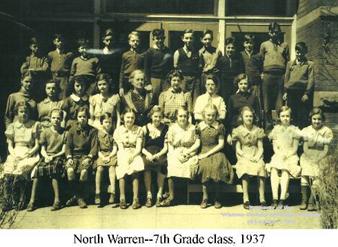
Conewango Township
History of Warren County Pennsylvania Schenck 1887

Although the word "Conewango" appears to be of Indian origin, it has been changed through a long series of years .jpg) beginning with "Kananogon." A majority of our so-called Indian names of streams, towns, counties, territories, and states have gone through the same processes of change at the hands of the white men.
beginning with "Kananogon." A majority of our so-called Indian names of streams, towns, counties, territories, and states have gone through the same processes of change at the hands of the white men.
The first settler within the township was probably Daniel Jackson who, with his family, began a residence on Jackson’s Run, just north of Warren, in 1797.
The land, when brought under cultivation, is productive and lasting, and abundant crops of hay, potatoes, oats, corn, etc. are annually produced. It is also well adapted to grazing and dairying purposes.
.jpg) The little village of North Warren is located on the right bank of the Conewango. Besides the great structure once known as the State Hospital for the Insane, it has a woolen-mill, hotel, post-office, lumber yard, two or three small stores for the sale of groceries, hardware, flour, and feed, and a number of blacksmith, carpenters, etc.
The little village of North Warren is located on the right bank of the Conewango. Besides the great structure once known as the State Hospital for the Insane, it has a woolen-mill, hotel, post-office, lumber yard, two or three small stores for the sale of groceries, hardware, flour, and feed, and a number of blacksmith, carpenters, etc.
The woolenmills, first known as the “Falconer Woolen Works,” were established in about 1848. Their principal work was wool carding, though even at first some coarse cashmeres, plain cloths, tweeds, etc. were manufactured.
In 1873, a State Hospital for the Insane was located neat the village by a commission appointed by the governor.
Courtesy of the Warren County Historical Society